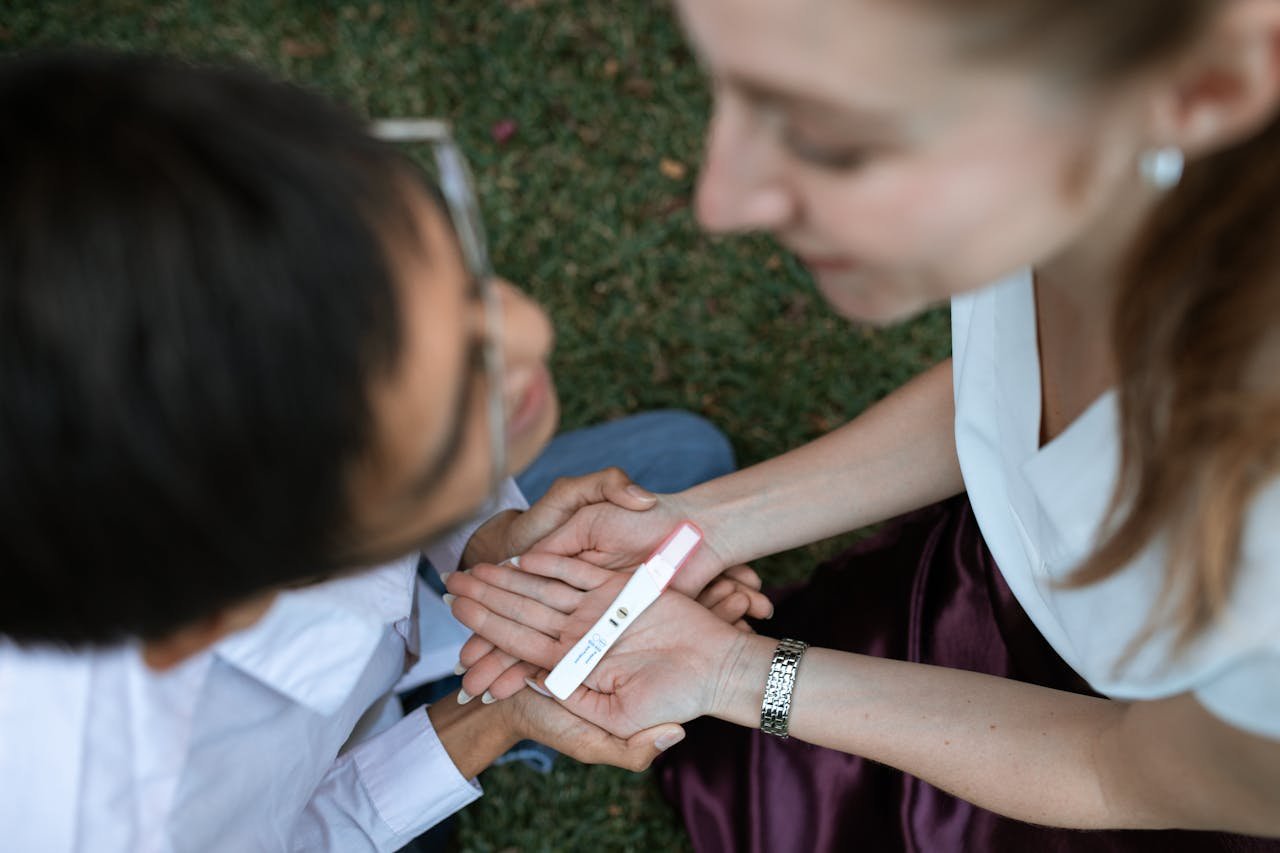
In a contentious and emotionally charged debate, the issue of personhood rights for embryos has taken center stage, raising significant legal and ethical questions for in vitro fertilization (IVF) patients, doctors, and policymakers. The discussion has been fueled by recent legislative efforts and court rulings that seek to define the legal status of embryos, potentially impacting reproductive rights and medical practices across the United States.
On June 3, 2024, a federal court in Texas ruled in favor of granting personhood rights to embryos, a decision that has sparked widespread controversy and concern among reproductive health advocates and medical professionals. The ruling came in response to a lawsuit filed by a group of anti-abortion activists who argued that embryos should be recognized as persons under the law, thereby affording them the same legal protections as born individuals.
Judge Edith Jones, who presided over the case, stated in her ruling, “The court finds that embryos are entitled to personhood rights under the Fourteenth Amendment. This decision is based on the recognition of the inherent dignity and value of human life at all stages of development.”
The ruling has significant implications for IVF patients and doctors, as it could lead to stricter regulations and potential criminal liability for the handling and disposal of embryos. IVF, a common fertility treatment, involves the creation of embryos outside the body, which are then implanted in the uterus. The process often results in the creation of multiple embryos, some of which may not be used and are typically frozen for future use or discarded.
Dr. Sarah Johnson, a reproductive endocrinologist at the Texas Fertility Center, expressed her concerns about the ruling’s impact on her practice and patients. “This decision could severely limit our ability to provide effective fertility treatments,” Johnson said. “It places an undue burden on patients who are already facing the emotional and financial challenges of infertility.”
Patients undergoing IVF treatments have also voiced their fears about the potential consequences of the ruling. Emily and John Smith, a couple from Austin, Texas, who have been undergoing IVF for the past year, shared their worries about the future of their treatment. “We are devastated by this decision,” Emily said. “It feels like our dreams of having a family are being taken away from us. We just want the chance to have a child.”
The ruling has also drawn criticism from legal experts and reproductive rights advocates, who argue that it infringes on women’s autonomy and reproductive freedom. Nancy Northup, president of the Center for Reproductive Rights, condemned the decision, stating, “This ruling is a dangerous and unprecedented attack on reproductive rights. It undermines the fundamental principle that women should have control over their own bodies and medical decisions.”
In response to the ruling, several states have introduced legislation aimed at countering the personhood movement and protecting reproductive rights. California State Senator Hannah-Beth Jackson announced plans to introduce a bill that would explicitly exclude embryos from personhood status under state law. “We must ensure that women’s reproductive rights are safeguarded against these extreme and intrusive measures,” Jackson said.
The debate over personhood rights for embryos is not new, but it has gained renewed attention in the wake of recent Supreme Court decisions that have reshaped the legal landscape of reproductive rights in the United States. The 2022 overturning of Roe v. Wade, which had established a constitutional right to abortion, has emboldened anti-abortion activists and led to a wave of restrictive abortion laws across the country.
As the legal battles continue, the medical community is grappling with the practical implications of the personhood movement. The American Society for Reproductive Medicine (ASRM) has issued a statement expressing its opposition to the Texas ruling and calling for clear guidelines to protect the practice of IVF. “The ASRM is committed to ensuring that patients have access to safe and effective fertility treatments,” the statement read. “We urge policymakers to consider the scientific and medical realities of reproductive health and to protect the rights of patients and providers.”
The personhood debate also raises broader ethical questions about the definition of life and the moral status of embryos. Bioethicist Dr. Arthur Caplan of New York University highlighted the complexities of the issue, stating, “The question of when life begins is deeply philosophical and cannot be answered by science alone. It requires careful consideration of ethical, legal, and social factors.”
As the nation grapples with these profound questions, the future of reproductive rights and medical practices remains uncertain. The Texas ruling is likely to be appealed, and similar cases are expected to emerge in other states, setting the stage for a protracted legal and political battle.
For now, IVF patients, doctors, and advocates are left navigating a landscape of uncertainty, hoping for clarity and protection of their rights in the face of an evolving and contentious debate.




